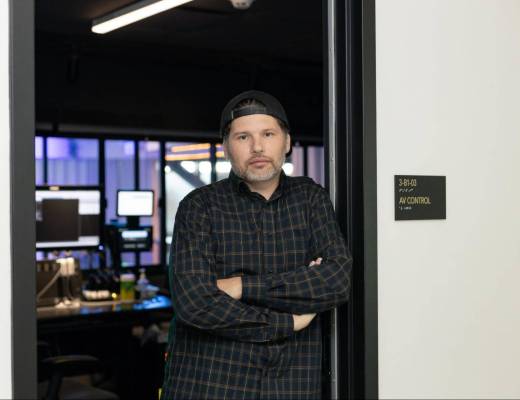The Train Ride That Changed Everything
My journey began on a train from Chicago to South Bend, Indiana. As a 20-year-old college student, I struck up a conversation with a woman who later introduced me to her husband, the president of Leo Burnett, the largest advertising agency in the country at that time. After talking with me for half an hour, he said something that changed my life: “Bill, I want you to switch your major to marketing and communications. I haven’t met many 20-year-olds who are as articulate and enjoy talking as much as you do. That’s your gift.” I took his advice, switched my major, and within a year of graduating, I was working in radio. That conversation became the first stepping stone in building my personal board of directors—trusted advisors who would guide my career decisions.Three Major Exits From My Network
The financial impact of my network became crystal clear when I experienced three significant business exits within a three-year period:- I sold my educational technology company, LikeLive, which helped college applicants conduct virtual interviews
- I invested in a friend’s motor vehicle licensing company, despite knowing nothing about the industry, simply because I trusted him. This investment returned 100% of my investment annually for four years before a major acquisition.
- A real estate syndication investment my father introduced me to paid monthly returns for 40+ years before a highly profitable exit
Building Your Personal Board of Directors
I consult at least three or four trusted people before making any significant decision. Even when I believe I have expertise in an area, I seek outside perspectives. This approach has saved me from countless mistakes and opened doors I never knew existed. To build your own effective network, focus on these principles:- Become likable—people do business with and help those they enjoy being around
- Show genuine interest in others—ask questions and listen more than you speak
- Bring value to relationships—develop expertise that makes you worth knowing
- Approach relationships with humility—nobody wants to work with the “smartest person in the room.”
- Give without expectation—help others without calculating what you’ll get in return
Advice for Young Professionals
If you’re just starting your career, begin thinking about tomorrow today. Many young people focus only on immediate gratification, but building a valuable network requires long-term thinking. Even introverts can build powerful networks by focusing conversations on the other person. People love talking about themselves, so ask questions about their work, background, and interests. This approach makes networking easier and more natural. Remember that you need to bring something to the table. Just as you need chips to gamble in Vegas, you need value to exchange in relationships. Become excellent at something—anything—so you have currency in your relationship exchanges. I’ve built my life and wealth through relationships, and you can too. Your network truly is your net worth—not just financially, but in the richness of opportunities, knowledge, and support available to you throughout your life.Frequently Asked Questions
Q: How do I start building a valuable network if I’m just beginning my career?
Begin by genuinely showing interest in others and developing expertise in your chosen field. Focus on giving value before expecting to receive it. Attend industry events, join professional organizations, and don’t be afraid to reach out to people you admire. Remember that networking is about building authentic relationships, not collecting business cards.
Q: What if I’m naturally introverted? Can I still build a strong network?
Absolutely! Being introverted doesn’t mean you can’t build meaningful connections. Focus conversations on the other person by asking thoughtful questions – this takes the pressure off you to talk about yourself. Prepare questions ahead of time for networking events, schedule one-on-one meetings rather than large gatherings when possible, and allow yourself time to recharge between social interactions.
Q: How do I maintain relationships in my network over time?
Consistency is key. Schedule regular check-ins with important contacts, share relevant articles or opportunities that might interest them, and remember personal details about their lives. Look for ways to help without expecting anything in return. Even small gestures like congratulating someone on a professional achievement can maintain connections over the years.
Q: How do I know which relationships to invest in most heavily?
Focus on quality over quantity. The most valuable network connections are those built on mutual respect, shared values, and reciprocal benefit. Pay attention to how you feel after interacting with someone – the best relationships energize rather than drain you. Prioritize individuals who demonstrate integrity, possess expertise in areas complementary to yours, and are willing to share their knowledge.







